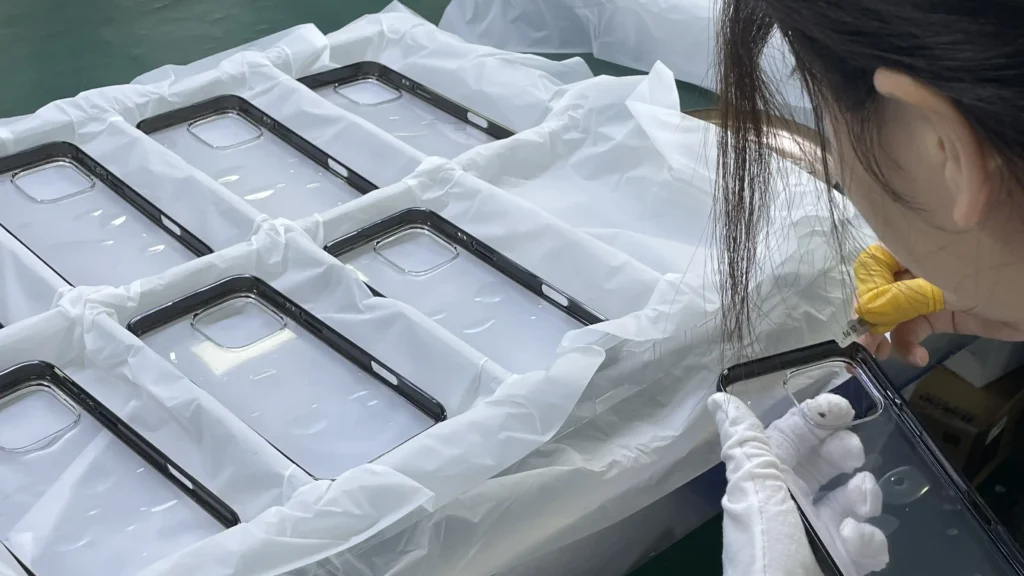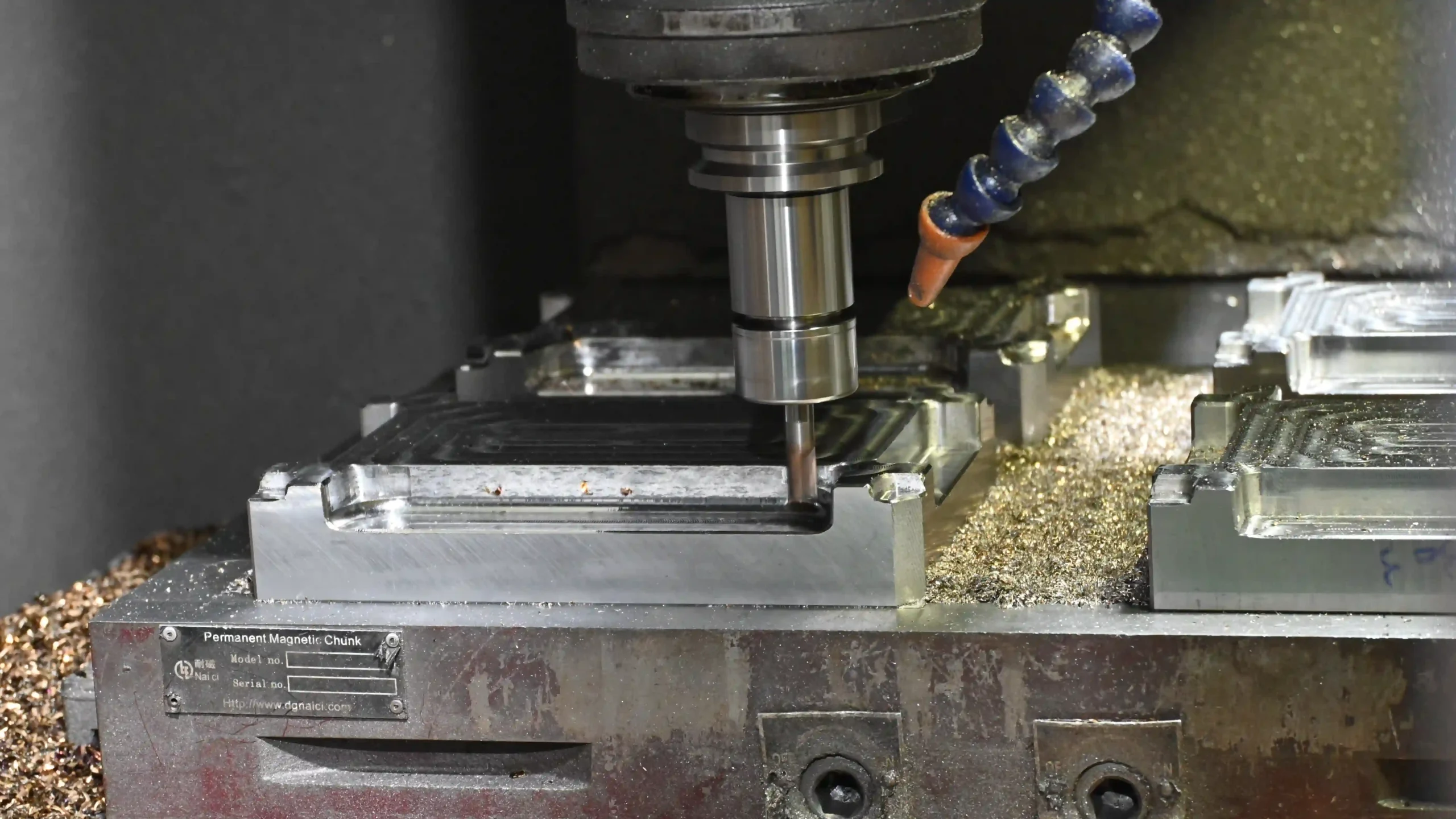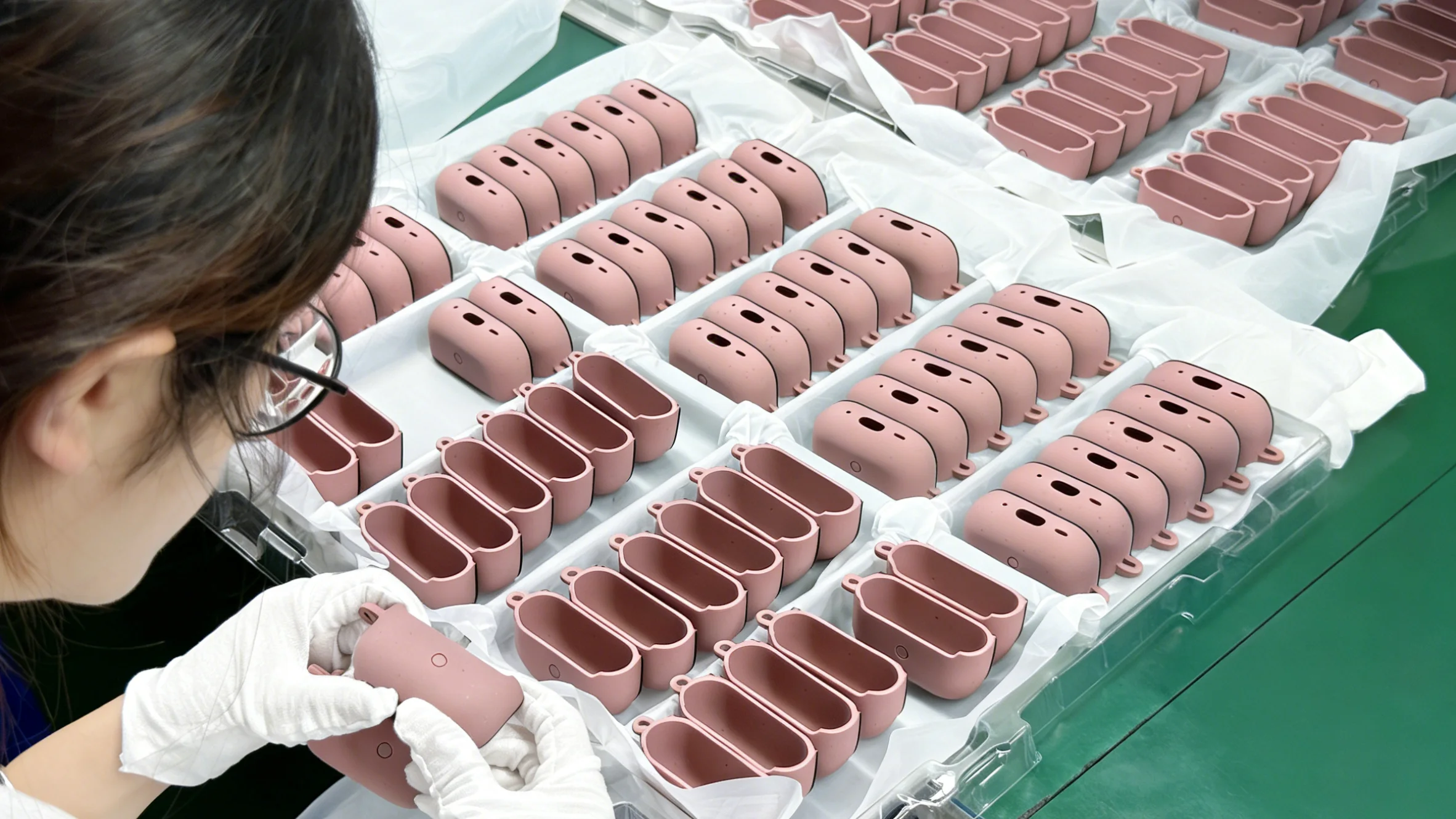As a phone case manufacturer serving clients around the world, selecting the right materials for your products is crucial to delivering high-quality, durable, and marketable phone cases. One of the commonly used material choices is the TPU phone case.
In this article, we will guide you to understand what is TPU phone case, its characteristics, and comparisons with materials such as silicone, PC (polycarbonate), and acrylic. Help you make informed decisions for your product line and marketing strategies.
What is a TPU Phone Case?
Table of Contents
ToggleTPU stands for Thermoplastic Polyurethane, a flexible, rubber-like material that offers excellent shock absorption and durability. TPU phone cases are known for their soft yet strong construction, making them ideal for users who want both protection and style.
Key Benefits of TPU Phone Cases
- Flexible and shock-absorbent – protects your phone from drops and impacts.
- Scratch-resistant – maintains its appearance even after extended use.
- Fingerprint-resistant – often features a matte or textured finish.
- Wireless charging compatible – most TPU cases are thin enough to allow wireless charging without removal.
- Easy to clean – simply wipe with a damp cloth to remove dirt and smudges.
TPU is also lightweight, eco-friendly, and fully recyclable, making it a sustainable option for environmentally conscious brands.
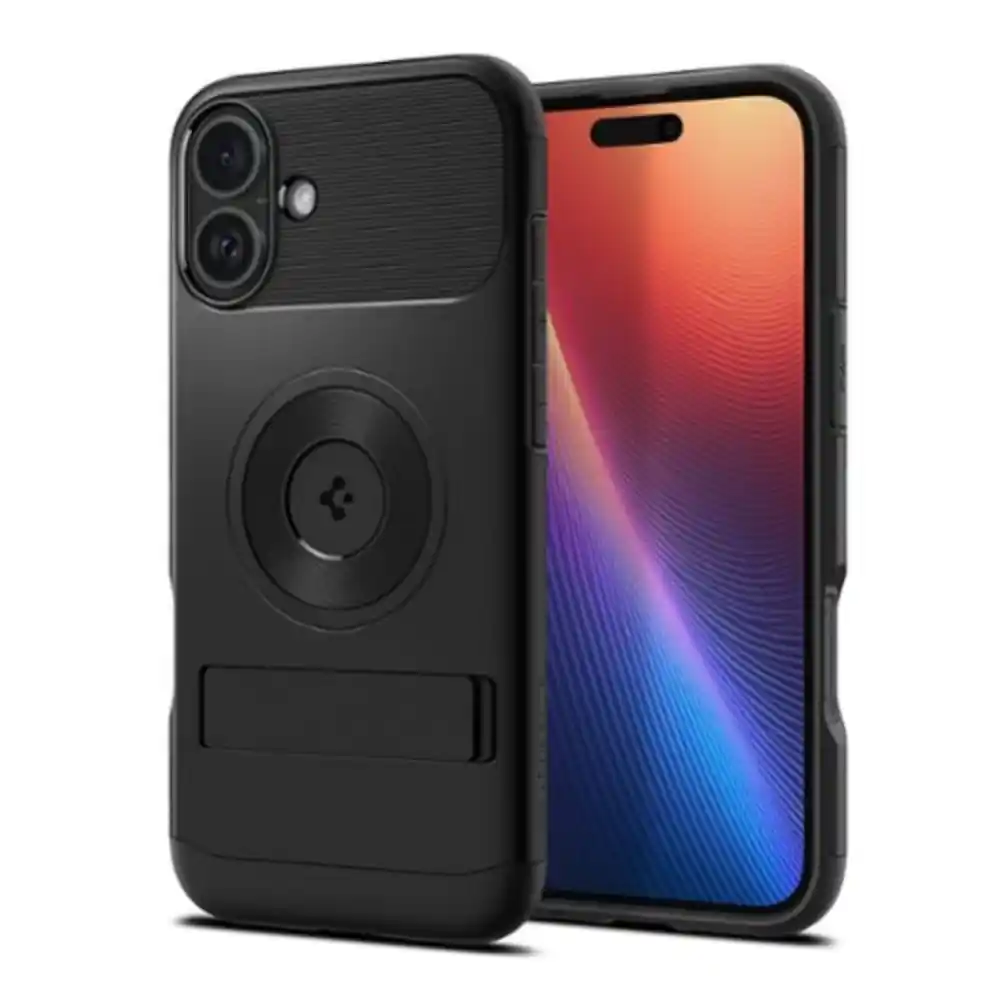
TPU vs Silicone Phone Case: Which is better?
Both TPU and silicone are flexible materials that offer a soft grip and decent protection. However, there are some key differences between the two:
| Feature | TPU Phone Case | Silicone Phone Case |
|---|---|---|
| Durability | More durable and resistant to wear and tear | Can attract dust and lint over time |
| Yellowing | May yellow over time, but less than silicone | Prone to yellowing when exposed to sunlight |
| Cleaning | Easy to clean with a damp cloth | Requires more frequent cleaning |
| Protection | Better shock absorption and structural support | Softer, but offers less drop protection |
| Customization | Easily customizable with logos, textures, and colors | Limited in advanced customization options |
While silicone phone cases may feel softer to the touch, TPU phone cases offer superior protection and longevity, especially for customers who want a clear TPU phone case that maintains its clarity for longer.
PC vs TPU Phone Case
If you’re comparing TPU vs PC phone cases, you’re essentially choosing between flexibility and rigidity.
- PC (Polycarbonate) is a hard plastic material that provides excellent structural support and clarity.
- TPU, on the other hand, is flexible and more forgiving when dropped.
When to Choose PC:
- If you’re manufacturing clear phone cases.
- If you prefer a sleek, rigid look.
- If you’re designing ultra-thin cases with minimal bulk.
When to Choose TPU:
- For impact-resistant cases.
- For custom TPU phone cases with added texture or branding.
- For TPU phone cases that offer unique designs and better drop protection.
Many manufacturers like YG use a hybrid phone case design that combines TPU sides with a PC back for the best of both worlds.
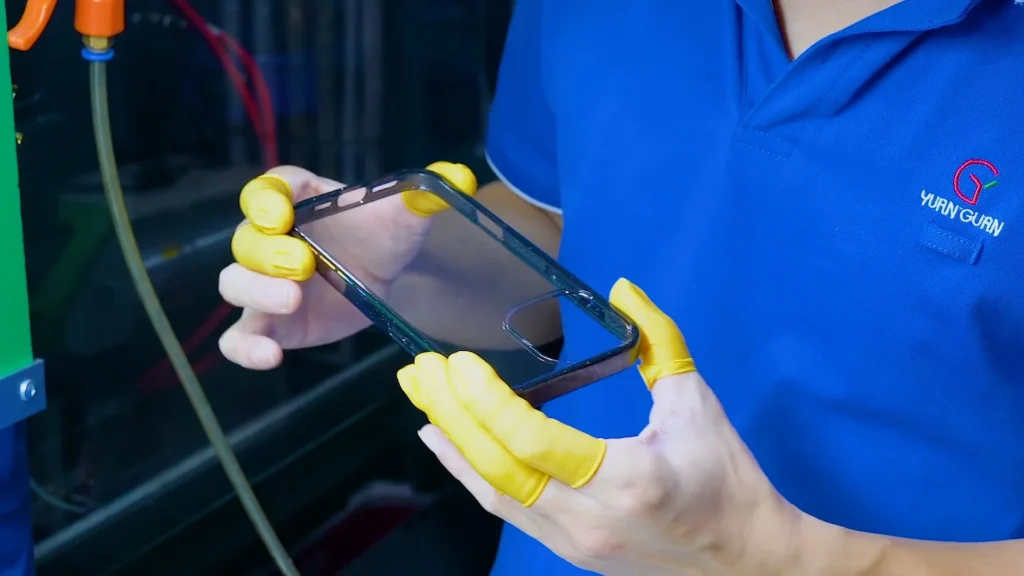
TPU vs Acrylic Phone Case
Acrylic is another transparent material used in phone case manufacturing. It’s known for its crystal-clear appearance, but it comes with some limitations.
Acrylic Case Pros:
- Extremely clear and glossy
- Lightweight and affordable
Acrylic Case Cons:
- Prone to scratching
- Can yellow over time
- Less shock-absorbent than TPU
If your goal is to offer clear phone cases that maintain their appearance over time, a clear TPU phone case is a better option than acrylic. TPU is more durable, scratch-resistant, and offers better protection from drops and impacts.
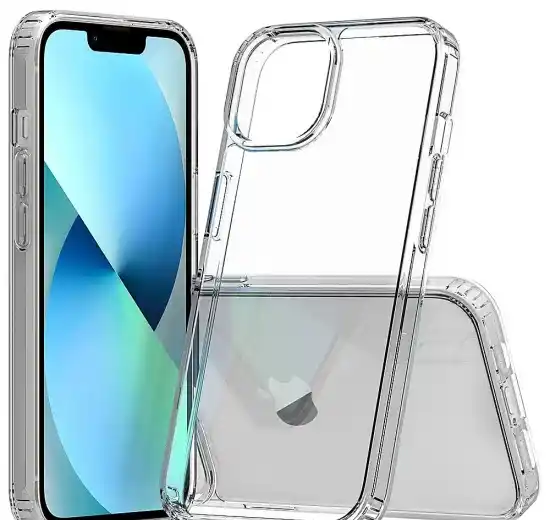
Why TPU Is a Great Choice for Mobile Phone Case Supplier
If you’re a cell phone cover manufacturer targeting the US and European markets, here’s why TPU should be part of your product lineup:
- Cost-effective – TPU is affordable and scalable for bulk production.
- Customizable – easily add logos, textures, and colors for branding.
- Eco-friendly – recyclable and reusable, aligning with sustainable consumer values.
- Durable – offers long-term protection against scratches and drops.
- Compatible with wireless charging – enhances user experience.
Whether you’re offering hybrid phone cases, clear TPU phone cases, or 3D printed TPU phone cases, TPU gives you the flexibility to meet diverse customer needs.
Conclusion: Choosing the Right Phone Case Material
As phone cover manufacturers, selecting the right material is crucial for product performance, customer satisfaction, and market competitiveness.
- For maximum protection, go with TPU phone cases.
- For style and clarity, consider PC or acrylic.
- For a softer feel, choose silicone.
- For custom and eco-friendly options, TPU is your best bet.
By understanding the TPU vs silicone vs PC vs acrylic debate, you can better position your brand in the competitive US and European markets.
Other related blog posts:
FAQs for TPU Phone Case Buyers and Retailers
Yes, TPU phone cases can turn yellow over time, especially when exposed to sunlight, heat, or oils from your skin. However, high-quality TPU blends and UV-resistant coatings can significantly slow down this process. If you’re selling TPU cases, consider offering anti-yellowing TPU phone cases to meet customer expectations.
Cleaning a TPU phone case is simple:
- Remove the phone from the case.
- Wipe with a damp microfiber cloth.
- For stubborn stains, use mild soap or rubbing alcohol.
- Let it air dry before reattaching it to the phone.
Unlike silicone, TPU doesn’t trap dirt and oils easily, making it a low-maintenance option.
No, TPU is not the same as liquid silicone, although both are flexible materials. TPU is a thermoplastic material that can be melted and reshaped, while liquid silicone is a synthetic rubber that requires high heat to cure and is more difficult to recycle.
Yes, TPU is known for its excellent shock absorption and is ideal for protecting phones from drops and impacts.
Absolutely. TPU is highly customizable and supports printing, embossing, and color variations. YG, as a custom TPU phone case supplier, can provide you with all kinds of custom printing options, such as screen printing, UV printing, etc
No, most TPU phone cases are thin enough to allow for wireless charging compatibility.
With proper care, a clear TPU phone case can last 1–2 years without significant wear or yellowing.
Cooperate with YG
As a leading cell phone cover manufacturer in China, YG offers a robust material supply chain and expert customization services to meet your unique needs. Whether you’re looking for TPU, PC, silicone, or hybrid material phone cases, our professional design team is ready to deliver high-quality, cost-effective solutions tailored just for you.
Don’t wait — start your custom phone case project with YG today and turn your ideas into reality!
